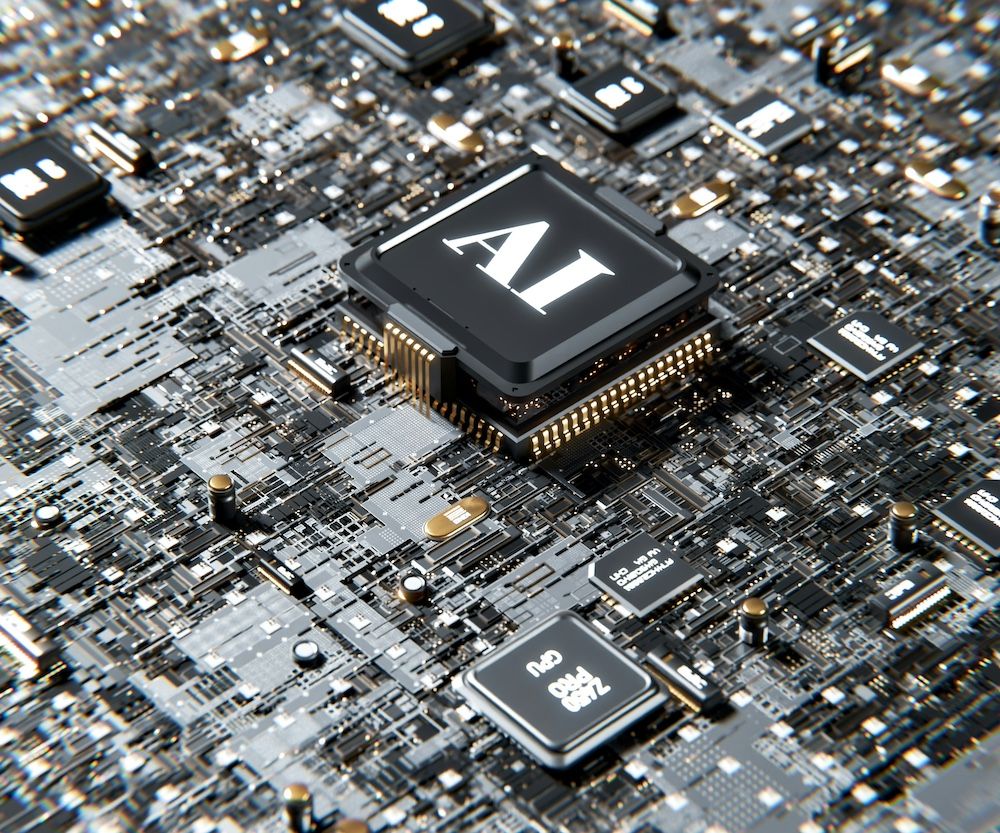At this year’s Game Developers Conference (GDC), the buzz was all about generative AI’s role in the future of gaming. Amidst a backdrop of cautious optimism and underlying concern, developers and industry giants explored how this technology might revolutionize or disrupt the gaming landscape.
A Dual-Edged Sword
The excitement around generative AI in gaming is palpable, with developers eager to harness its capabilities for creating more dynamic and responsive gaming environments. Companies like Nvidia and Ubisoft showcased their developments in AI-driven nonplayer characters, promising a new level of interactivity and realism. However, there’s also a palpable wariness about the technology’s potential to automate tasks that have traditionally required a human touch, such as narrative development and quality assurance testing.
Promises and Pitfalls
Generative AI’s potential extends beyond just enhancing gameplay. It offers practical applications in streamlining game development processes, such as automated bug testing and content creation, which could significantly reduce development times and costs. Yet, these advancements come with their own set of challenges, including concerns about job displacement and the devaluation of skilled labor within the industry.
Ethical and Legal Considerations
As generative AI begins to take a more prominent role in game development, it also raises important ethical and legal questions. Issues of copyright and content ownership are at the forefront, with ongoing debates about whether AI-generated content can be copyrighted or if it should be considered a public domain. Furthermore, the technology’s capacity to inadvertently propagate biases or inaccuracies—often referred to as “AI hallucinations”—adds another layer of complexity to its integration.
Future Implications and Industry Adaptation
While it’s clear that generative AI holds transformative potential for the gaming industry, its full impact remains uncertain. The technology’s ability to enhance or disrupt the gaming market will depend largely on how developers, companies, and regulators address these emerging challenges and opportunities.
As the gaming world stands on the cusp of potentially revolutionary changes, the journey of generative AI from experimental technology to industry standard will be one of the most closely watched developments in the tech arena.



